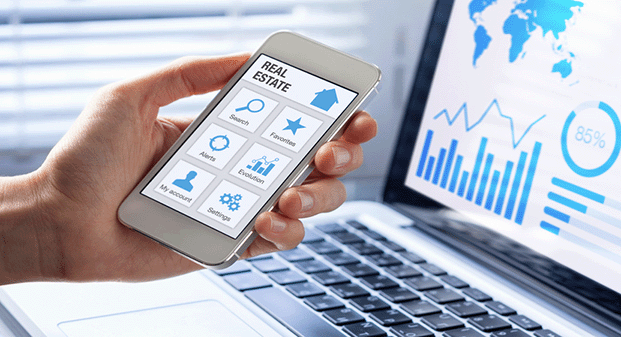As property managers scale their portfolios, the complexity of financial management increases exponentially. Overseeing rent payments, balancing expenses, forecasting cash flow, and maintaining tax compliance become significantly more challenging as portfolios grow. Relying on spreadsheets or generic accounting software may work for smaller operations, but expanding businesses require more advanced solutions. That’s where property management accounting software comes in.
Designed to address the unique challenges of real estate management, these specialized tools streamline financial processes, reduce errors, and provide critical insights for business growth. This article explores how adopting property management accounting software enhances efficiency, ensures compliance, and supports scalability.
Automating Key Financial Processes
One of the most significant benefits of property management accounting software is automation. Manually managing financial tasks can consume hours each week, but the right software eliminates tedious, repetitive work.
Essential automation features include:
- Rent Collection & Tracking: Automated systems send rent reminders, process payments, and update financial records in real time, reducing late payments and manual tracking.
- Expense Management: From property repairs to utility bills, software categorizes expenses and tracks invoices, simplifying cash flow monitoring.
- Bank Reconciliation: Integrated banking features match transactions with records instantly, reducing errors and ensuring financial accuracy.
By leveraging automation, property managers minimize administrative burdens and focus on strategic growth initiatives.
Enhancing Financial Visibility and Reporting
A clear financial overview is critical for decision-making in property management. As portfolios expand, access to real-time financial data becomes indispensable.
Key reporting benefits:
- Cash Flow Management: Advanced tracking tools provide immediate insight into income, expenses, and future financial projections.
- Profitability Analysis: Break down financial performance by property, unit, or region to identify profit drivers and areas needing improvement.
- Tax Preparation: Automated tax-ready reports simplify compliance and ensure deductions aren’t overlooked, reducing financial risk.
With robust reporting, property managers can make data-driven decisions that support long-term profitability and efficiency.
Ensuring Compliance with Regulations
Property management involves numerous compliance requirements, especially when operating across multiple jurisdictions. Property management accounting software helps mitigate risks by automating regulatory adherence.
Compliance-enhancing features:
- Accurate Record Keeping: Secure financial document storage and automated audit trails simplify compliance audits.
- Tax Compliance: Automated tax tracking, vendor 1099 reporting, and local tax law compliance features ensure accurate filings.
- Lease Management Integration: Automated tracking of rent increases, renewals, and security deposits helps managers stay on top of legal obligations.
By using software with built-in compliance tools, property managers reduce the risks of costly fines and legal complications.
Scaling Financial Systems for Growth
As portfolios grow, scalable financial tools that adapt to increasing complexity are critical. Property management accounting software ensures seamless expansion without operational bottlenecks.
Growth-supporting features:
- Centralized Data Management: Unified financial data management enables oversight of multiple properties from a single platform.
- Scalability: The best property management accounting software can grow with your business. As new properties are added, the software can accommodate additional units without the need for expensive or disruptive upgrades.
- Forecasting Tools: Predictive analytics help plan acquisitions, investments, and cash flow management.
Having scalable software ensures that property managers can expand their businesses without being constrained by inefficient financial processes.
Gaining a Competitive Edge with Property Management Accounting Software
In an increasingly competitive market, efficient financial management is crucial for scaling a real estate management business. Property management accounting software provides the automation, visibility, and compliance tools needed to stay ahead.
By investing in the right software, property managers reduce manual errors, improve operational efficiency, and position themselves for sustained growth. With a streamlined financial system, businesses can focus on expansion rather than administrative challenges, ensuring long-term success in the property management industry.





